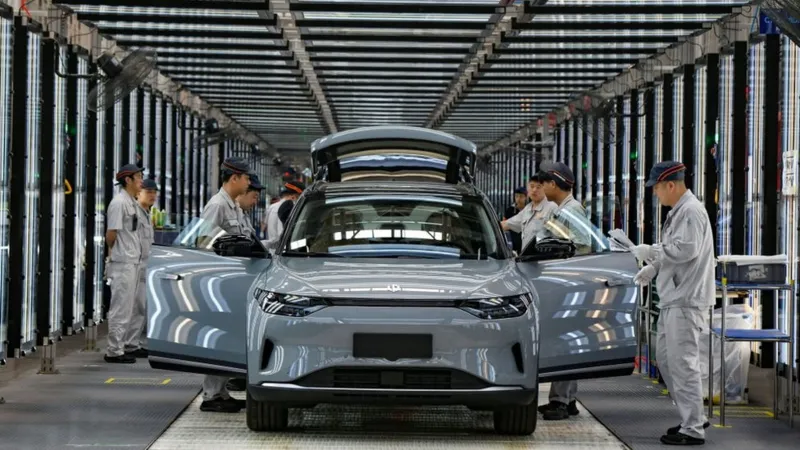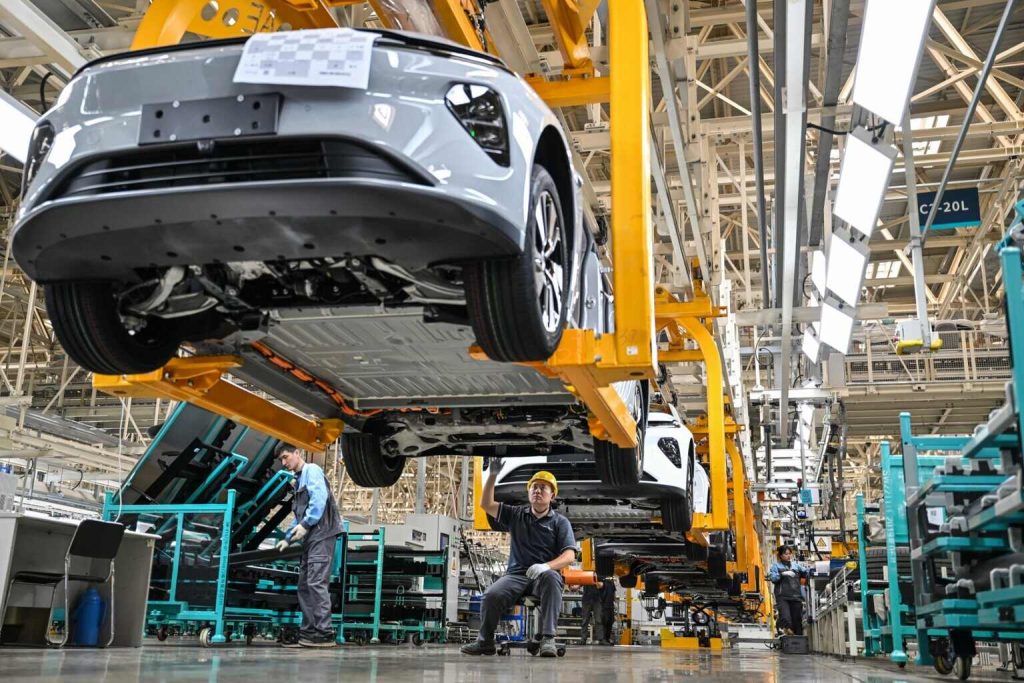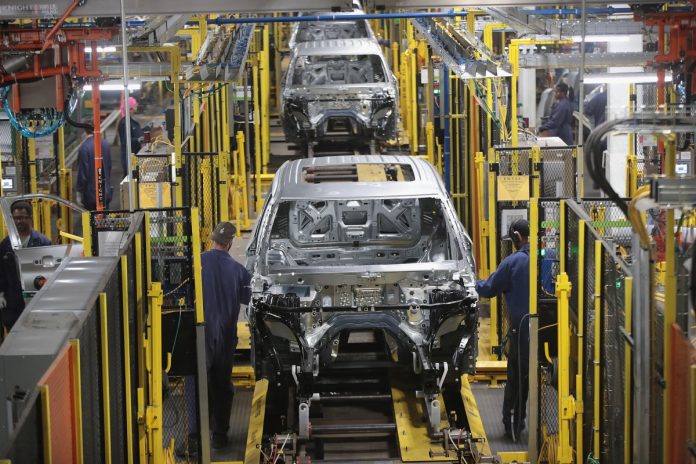In a move to counter perceived unfair trade practices, US President Joe Biden has announced an escalation of tariffs on Chinese goods, including electric cars and solar cells. The decision has sparked debate about the future of international commerce and its impact on various stakeholders.
Amidst rising tensions between the US and China, President Biden’s decision to ramp up tariffs on Chinese-made goods has sent shockwaves through global markets. With a focus on protecting American jobs and industries, the White House justifies these measures as essential for safeguarding national interests.
The announcement comes amidst a backdrop of ongoing trade disputes between the world’s two largest economies. Analysts interpret the tariff hikes as strategic moves aimed at addressing long-standing grievances and garnering domestic support in a politically charged environment.


While proponents argue that these tariffs are necessary to rebalance trade relations and prevent unfair competition, critics warn of potential retaliatory measures and disruptions to global supply chains. The decision underscores a broader shift towards protectionism in US trade policy, reflecting evolving attitudes towards globalization.
As the US-China trade war continues to escalate, businesses, consumers, and policymakers alike are bracing for the economic repercussions. The implications extend beyond bilateral relations, impacting global trade dynamics and geopolitical stability.
While the Biden administration maintains that these tariffs are targeted and strategic, questions linger about their long-term effectiveness and potential unintended consequences. In an increasingly interconnected world, the ramifications of such trade policies reverberate far beyond national borders.
#BidenTariffs #USChinaTrade #GlobalCommerce #EconomicPolicy #TradeRelations #ProtectionismDebate #InternationalTradeImpact


